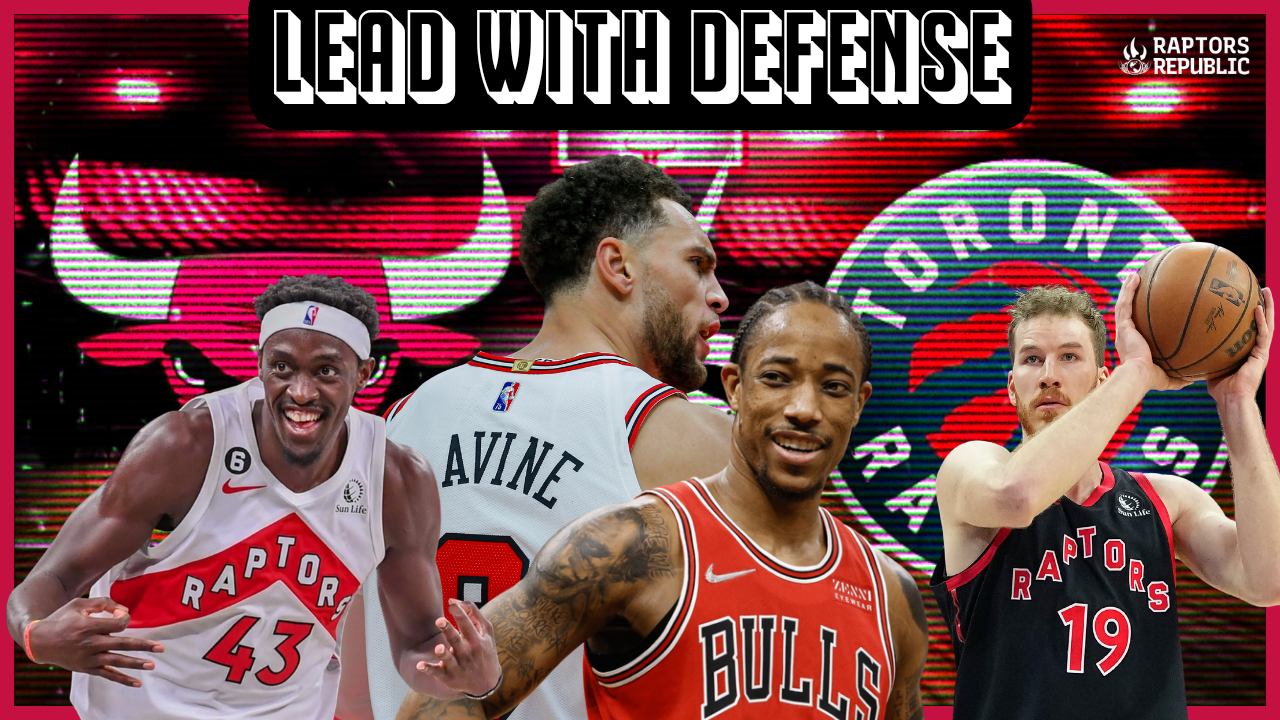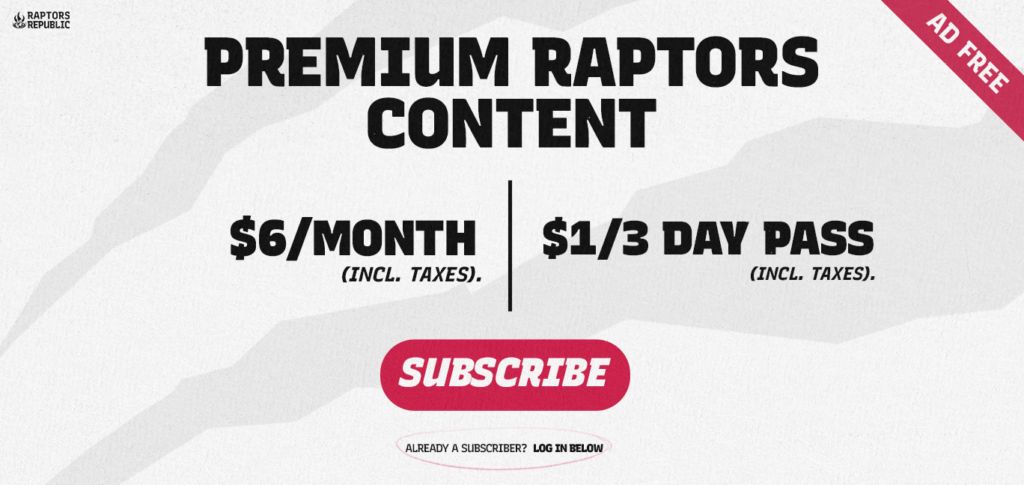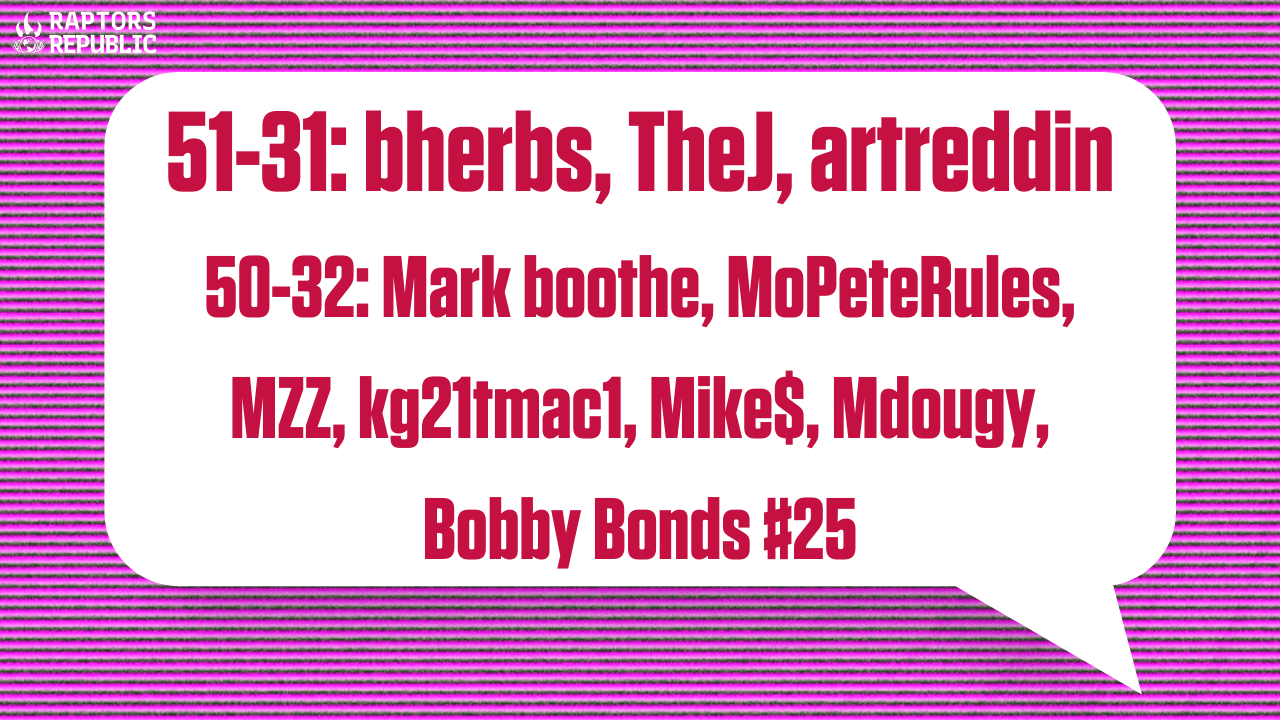So, last night the Toronto Raptors and Chicago Bulls played perhaps the ugliest game of basketball you'll see in the modern NBA. There were countless offensive fouls, foul-outs, game-losing fouls, and altogether terrible choices made on both sides. More missed free throws, just like last time. And oh, the turnovers. But even despite Toronto doing its absolute best to make the game as silly as possible, multiple times snatching a loss from the jaws of victory, there were still two incredibly meaningful lessons:
Toronto abandoned its new offensive principles as soon as the going got tough. And, the offense was better as a result.
There are two possible readings for what happened to the Toronto Raptors’ offense last year. One reading -- implicitly encouraged by Masai Ujiri’s statements to media and feverishly embraced by a segment of the fanbase -- is that selfishness from some players and stubbornness from the coach sank the team.
Another reading is more complex and increasingly being proven to be more correct. The team simply lacked the tools, specifically shooting and rim pressure, to succeed in the half-court. In that reading, Nick Nurse’s offensive principles limited turnovers and emphasized the team’s strengths of offensive rebounding. It was ugly, but it worked, lifting Toronto to an improbably 12th overall in offense when you include transition and offensive rebounding. At least, it worked more or less better than anything else would have. Pascal Siakam wasn’t selfish as much as the team’s overtaxed Superman who wasn’t quite bulletproof so much as the only guy who owned a cape.
And there is much evidence to point towards that second reading being the more accurate one. Though Toronto’s vibes were immaculate in a season-opening win over the Minnesota Timberwolves, its offensive process was decidedly not. It scored less efficiently on first-shot possessions in the half-court than it did in all but four games last year. Remember when Toronto struggled to 101 points in overtime against the Milwaukee Bucks, scoring zero points in almost seven minutes to start the game? Yeah, that was virtually the same half-court efficiency as Toronto managed against Minnesota.
It got much, much worse in the first half against Chicago. The Bulls begged Toronto to shoot, and the Raptors responded by whiffing as virulently as your neighbor’s unathletic child in t-ball. They scored 35 points in the first half, managing a lower points per chance in the half-court than they did in any game last season. At one point, they were shooting 1-of-19 from deep.
Then things turned around, at least for a short stretch. Why? Because the team went away from the new offense and returned to playing the same way it did in 2022-23.




